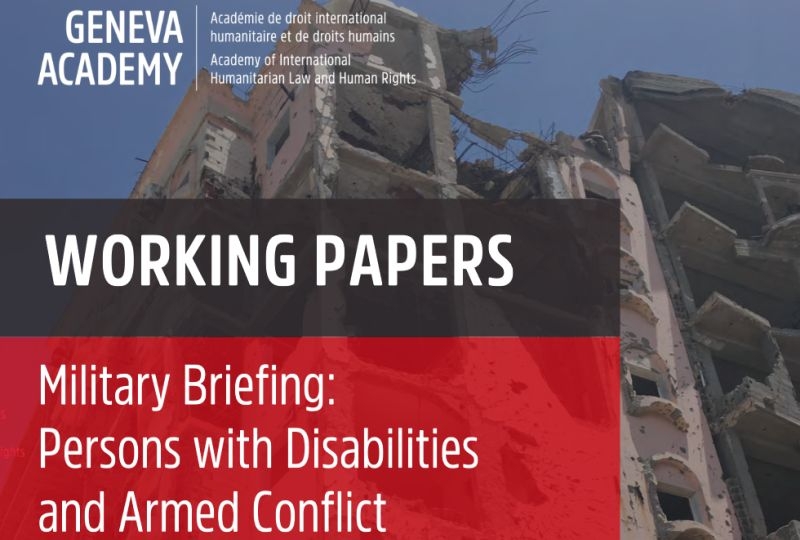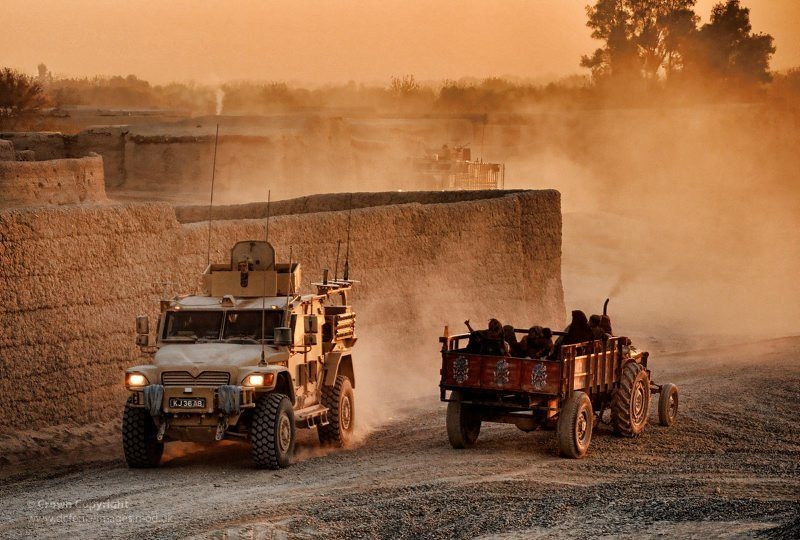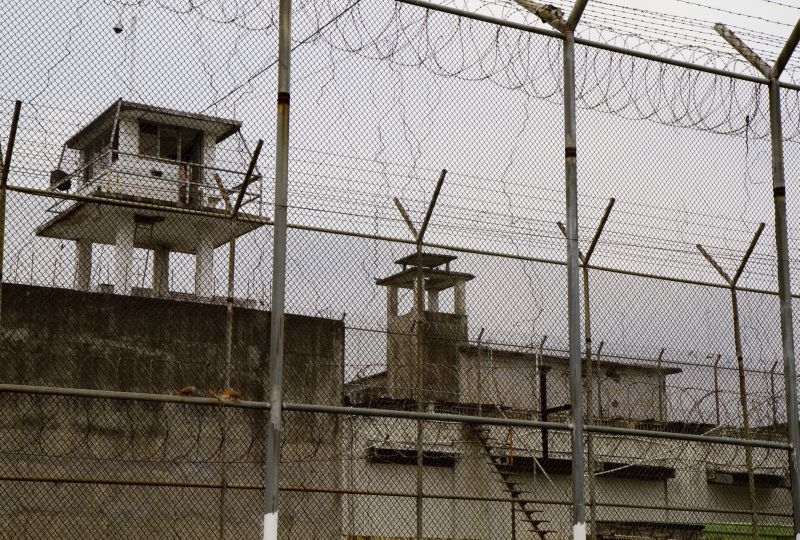As shown by our larger academic research, key international humanitarian law (IHL) provisions that serve to minimize the impact of armed conflict – such as the proportionality assessment and advanced effective warnings – are not being applied in a disability-inclusive manner, resulting in persons with disabilities being killed, seriously injured or left behind as families flee armed attacks.
This Military Briefing introduces militaries to this topic by exploring the meaning of disability and the incorrect understandings that must be avoided. It provides a brief overview of the impact of armed conflict on persons with disabilities before moving to the protections afforded to persons with disabilities under IHL.
‘In doing so, we notably focused on effective advance warnings and the treatment of detainees with disabilities to demonstrate what is at stake when militaries do not take a disability-inclusive approach, and how equality in the application of IHL can be achieved’ underlines Professor Gaggioli











